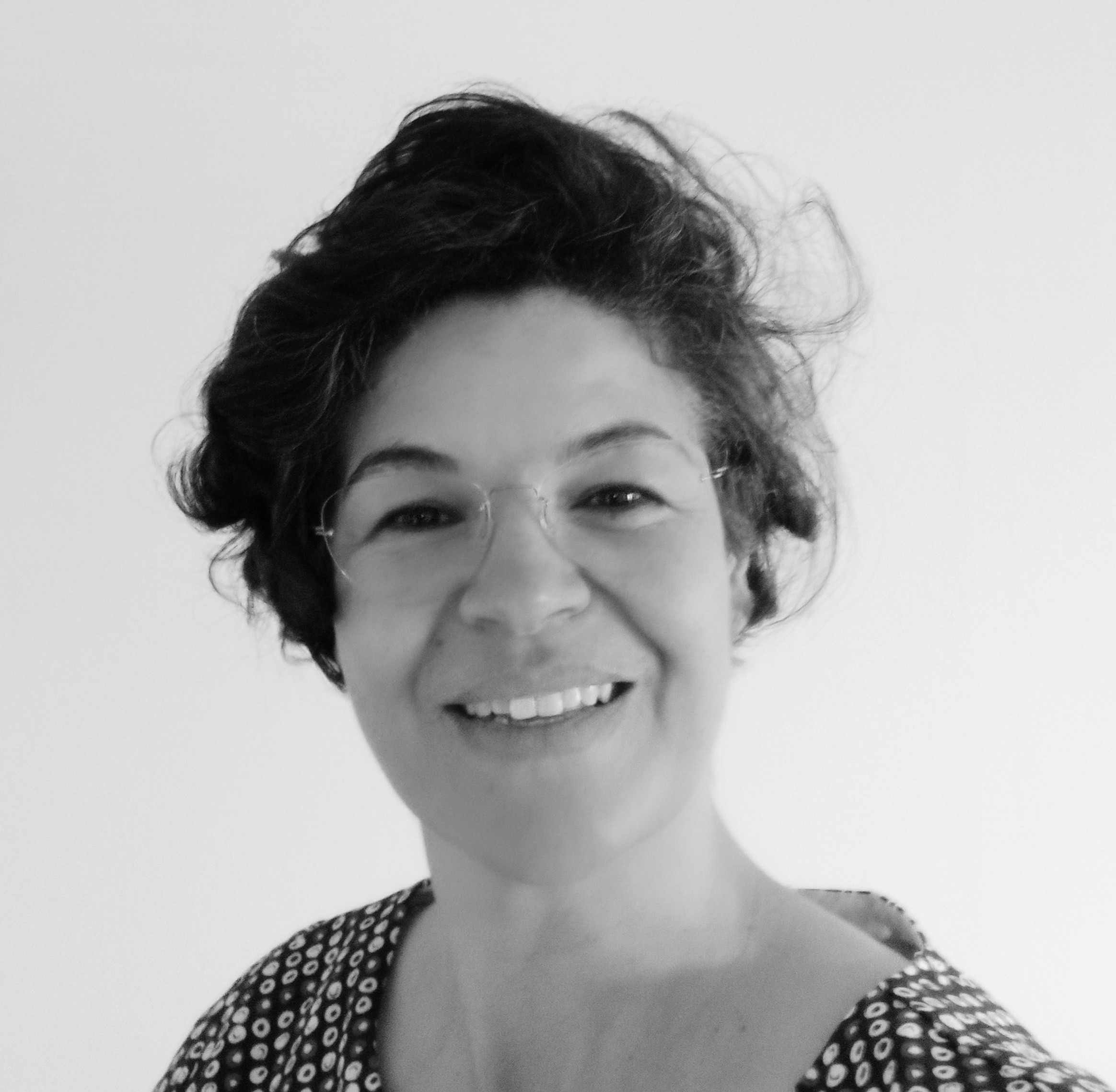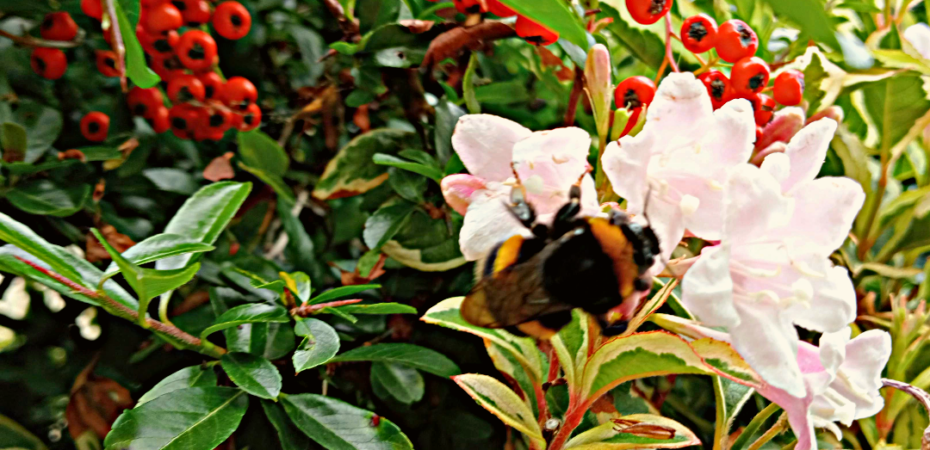
In this extra post, Kim Chapman sheds light on the pivotal role of Wellbeing Advisers at the University. Through a case study, Kim illustrates how Wellbeing Services↗️ function to assist students in managing their competing demands and stress, guiding them to available resources such as mindfulness↗️ sessions at the Chaplaincy.
There are many sources of support from the University’s Wellbeing Services to help students look after their own wellbeing. My role as Wellbeing Adviser is mostly to get the student connected with the right support. In this blog post I will give examples of individual and collective wellbeing support to highlight the range of work within the wellbeing adviser role and bring this work centre stage.
What role does a wellbeing adviser play in individual and collective responses to student wellbeing?
Case Study of Student, Anvita:
Anvita attended four Wellbeing Adviser meetings. Anvita was a post graduate international student who had been in touch with her Student Adviser throughout the year. Her current situation was preparing her dissertation and the many competing demands on her energy levels and time. In the first meeting, I let Anvita talk about all these competing demands and then asked about her resilient capabilities. Anvita said,
“I was positive that I would be able to finish my dissertation. But having to move, looking for places to stay at the peak of a housing crisis, and not having seen my family for a year now while I was awaiting a life-changing diagnosis, it almost seemed impossible that I’d be able to finish my dissertation”.
The support became about how to manage the competing demands and needs from university and other areas of life. This is a very common theme in wellbeing support. I worked with compassion supporting Anvita to focus on what she could control. Anvita continued to feel overwhelmed at times but would check in and together we were able to help clear her thinking.
We had a conversation about accessing mindfulness at Mindfulness at The Chaplaincy↗️ The Chaplaincy offers a wide range of resources including twice weekly lunch-time drop-in sessions, workshops, course and day retreats. I encouraged Anvita to find out more on the Chaplaincy website↗️.
Anvita was thankful for accessing mindfulness:
“It really helped through an almost impossible time”.
Mindfulness was a helpful source of support for Anvita, she learnt to rest her body and mind. Resting your mind is as important as resting your body, because the brain uses a lot of energy. Anvita was able to finish and submit her dissertation to complete her Masters.
The Community Fair
A large number of students from the Pre-sessional English programme attended the Community Fair event hosted at the Centre for Open Learning. I feel the event gave the students a sense of community at the University, as well as offering them a good introduction to the University support available to them during their time here.
The Connecting, Networking and Communication Skills Workshop
I organised a lovely event working with colleagues from across the University, Wellbeing Advisers, Student Experience – Intercultural & Anti-Discrimination Adviser and School of Economics to collaborate and welcome our first cohort of Postgraduate Pre-sessional English Language Summer students. It was an insightful workshop on networking, building connections and staying safe. It was lovely to see networking in action amongst the cohort.
To find out more about student wellbeing support available at the University visit the Student Wellbeing Service website↗️.
 Kim Chapman
Kim Chapman
Before training as an Art Therapist I worked for 10 years as an allied health professional. I graduated from the Art Therapy programme at Queen Margaret University in 2009. After registering with the Health and Care Professions Council in 2009 I worked in a wide range of settings including offering therapeutic support for children and young people in school-based counselling services in Edinburgh. I also worked in Higher Education as a Mental Health Mentor. Since 2022 I have been a Wellbeing Adviser at The University of Edinburgh, facilitating wellbeing conversations with students. I am also a Volunteer Edinburgh Carers Staff Mentor. Research interest: Taking an intersectional approach to research the diversity of wellbeing needs of our hugely diverse groups of students.


